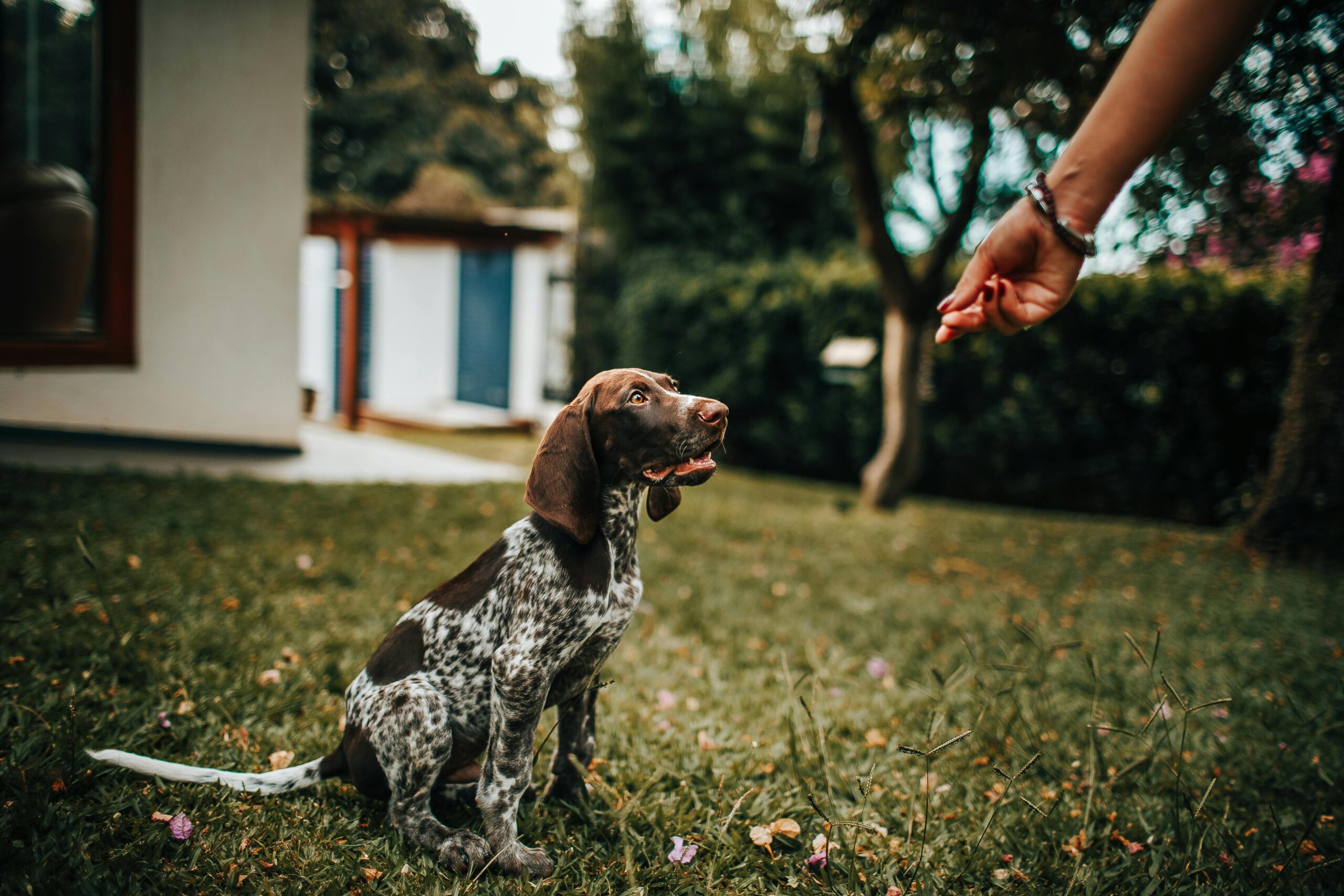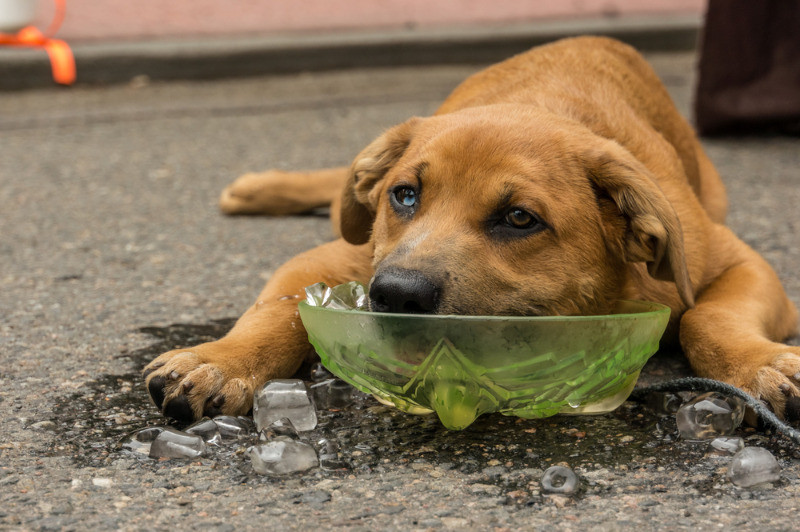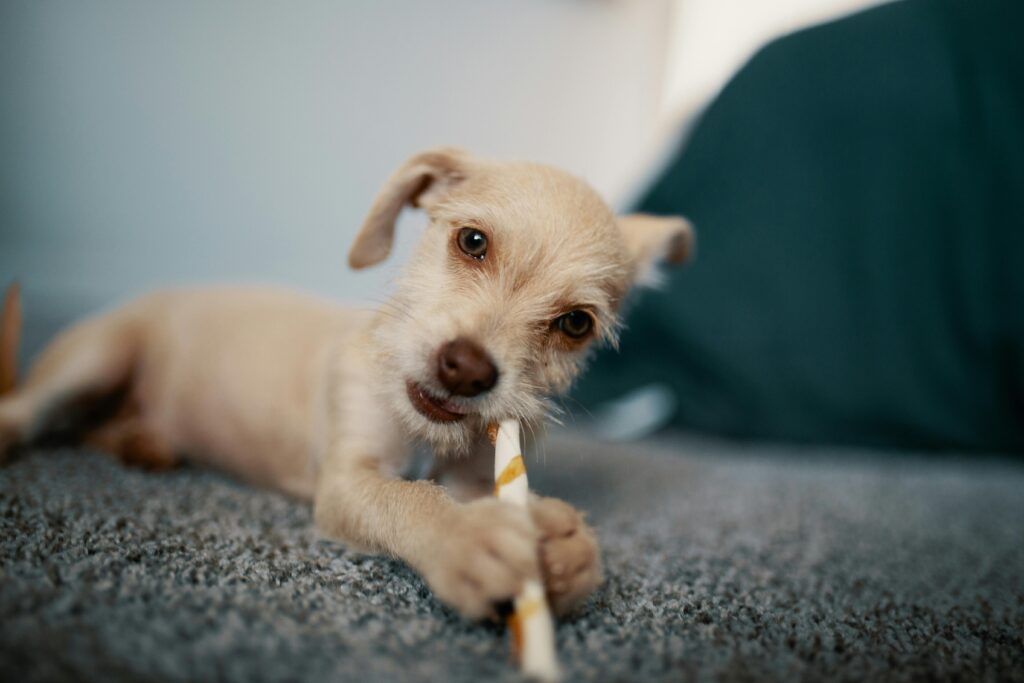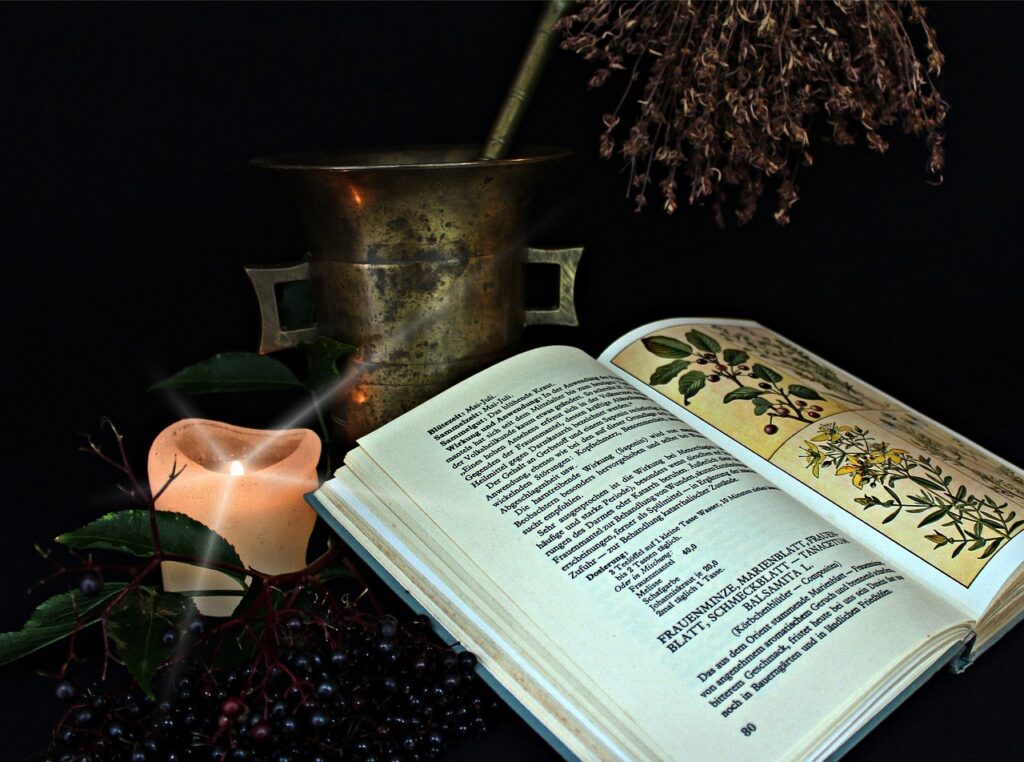Puppy potty training problems are the most important things in our lives. Many of us may want to avoid this, but at the end of the day, as dog lovers, we need to know.
So, you brought home a puppy. Congratulations! Your life just got a whole lot cuter—and probably a little more chaotic. Between the snuggles and the sock-stealing antics, there’s one thing almost every puppy parent faces: potty training. It sounds simple, right? Bring your pup outside, let them do their thing, and reward them with a treat right after. Rinse and repeat.
But what happens when it doesn’t go so smoothly?
Let’s be honest—potty training issues happen to almost everyone, and they can really test your patience. I’ve been there, standing in the rain at 6 AM, begging a tiny dog to “go potty” while they chase a leaf instead. And then, five minutes after we come back inside… you guessed it. A little surprise on the carpet.
If you’re nodding along, you’re not alone. Let’s dive into some of the reasons potty training can be tough, and how you can get things back on track without losing your mind (or your favorite rug).
Routines Really Matter
One of the biggest lessons I learned early on is that puppies don’t magically figure out when and where they’re supposed to go. They need a routine—like, a really solid one. If you’re inconsistent with feeding times or bathroom breaks, your pup won’t have a clue what’s expected.
Puppies typically need to go:
- First thing in the morning
- After meals or water
- After naps
- After play sessions
- And definitely before bedtime
The more predictable their day is, the faster they’ll learn. And trust me, structure makes your life easier, too.
Freedom Isn’t Free (At Least Not Yet)
Another common trap? Allowing your puppy full access to the house before they’re ready. I get it—you want them to feel at home. But letting them roam the house right away is like handing a toddler the TV remote and expecting them not to press all the buttons.
Limiting your puppy’s space helps you keep an eye on them and prevents accidents from becoming habits. Think playpens, baby gates, or crate training—whatever works for your space and lifestyle. Gradually expand their access as they earn it.
Missing the (Very Subtle) Signs
Here’s a fun fact: puppies do try to tell you when they need to go. The challenge is figuring out what those signals are before it’s too late. Some sniff. some pace. Some head to a corner or toward the door. And some give you a blank stare and then squat. It’s… an art.
Watching for patterns and being proactive is key. Sometimes it’s not about waiting for a sign—it’s about creating regular opportunities to go outside before they need to go urgently.
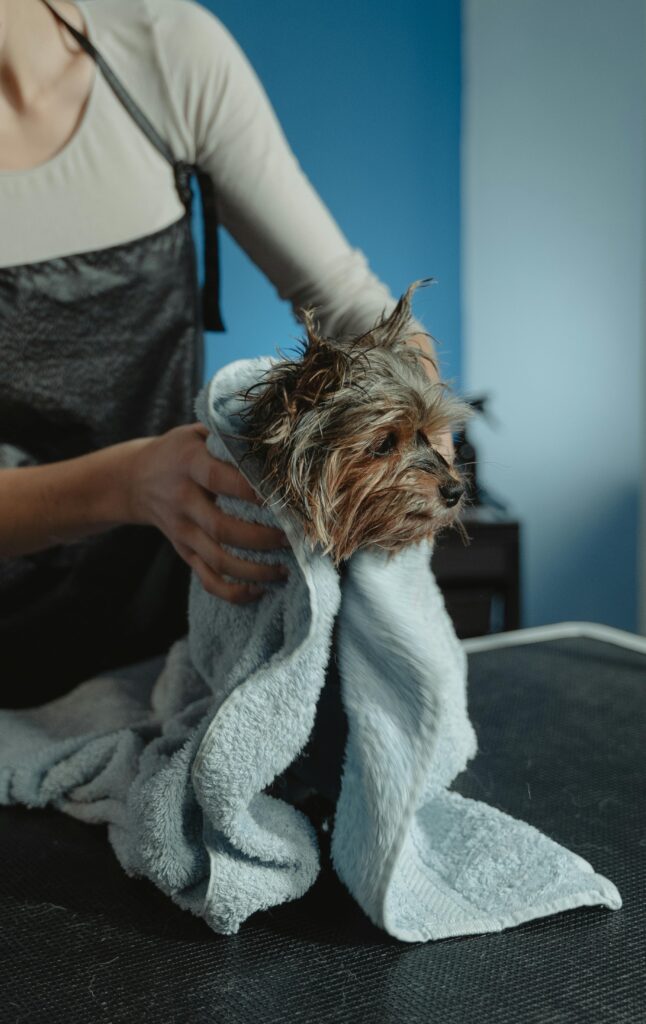
The Guilt Trip Trap
Now, let’s talk about accidents. Because they will happen. One of the biggest mistakes new dog owners make is punishing their puppy for going indoors. It’s tempting, especially when you’re sleep-deprived and stepping in something unpleasant. But scolding doesn’t teach them what to do—it just teaches them to be sneaky.
If you catch them mid-squat, a calm “uh-oh!” and a quick trip outside is fine. But if you find a mess after the fact? Just clean it up and move on. Save your energy for the wins—they’ll happen more often as your pup figures it out.
When It’s Not Just Behavior
Sometimes, it’s not a training issue at all. If your pup suddenly starts having frequent accidents or struggles to hold it, there might be a medical issue like a urinary tract infection. If something feels off, a quick trip to the vet can give you peace of mind and rule out any underlying problems.
Celebrate the Small Wins
Here’s the fun part: when your puppy gets it right, make it a party! Seriously—praise, treats, a happy dance—go all out. Puppies are motivated by positive reinforcement, and the clearer you make it that they’ve done something good, the faster they’ll repeat the behavior.
Just remember: timing matters. The reward needs to come right after they finish going potty, not a minute later when you’re back inside.
Be Realistic, Be Patient
Above all, give it time. Potty training isn’t a straight line. There will be progress, setbacks, and more than a few “why is there pee on my shoe?” moments. And that’s okay.
Every puppy learns at their own pace. Some are champs by 12 weeks, others need several months. What matters most is that you stay consistent, patient, and kind—both to your puppy and to yourself.
Final Thoughts
Potty training might feel like a giant obstacle in your journey as a dog parent, but it’s really just a short chapter. Yes, it can be messy and frustrating, but it’s also full of opportunities to bond, build trust, and learn together.
Hang in there. Your future self—the one lounging on the couch with a fully house-trained dog curled up at your feet—is cheering you on.
Have your own potty training tale to tell? Share it in the comments—we’ve all been there, and swapping stories can make the journey a little less lonely (and a lot more fun).

